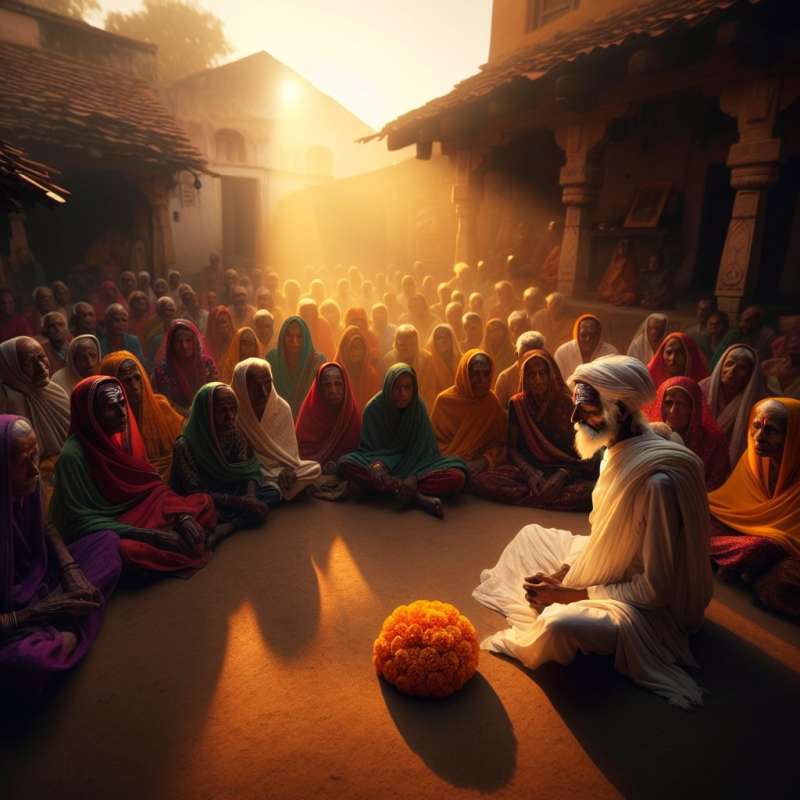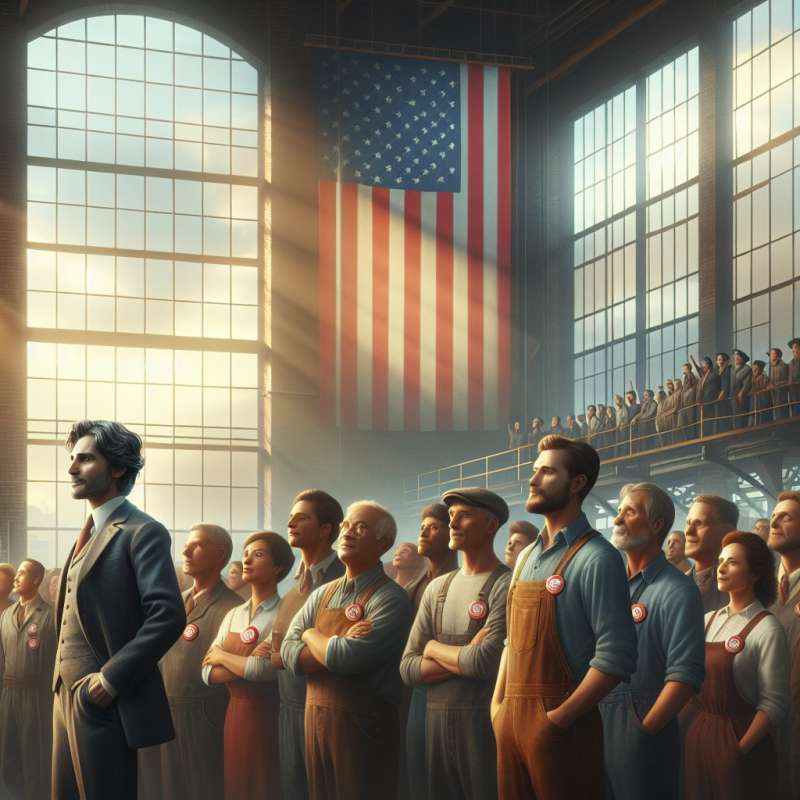
Nonviolent Resistance Origins
Nonviolent resistance, or passive resistance, has roots in ancient India with Jainism, which taught non-injury towards living beings. Key philosophy components include persuasion, non-cooperation, and nonviolent intervention, influencing later figures like Gandhi and Martin Luther King Jr.
Gandhi's Salt March
In 1930, Gandhi led the Salt March, a nonviolent protest against the British salt monopoly in colonial India. This 240-mile march mobilized masses, leading to the Civil Disobedience Movement and demonstrating nonviolence as a powerful change catalyst.
U.S. Civil Rights Movement
In the 1950s-60s, the American Civil Rights Movement used nonviolent tactics, including boycotts, sit-ins, and marches. The Montgomery Bus Boycott, led by Rosa Parks and Martin Luther King Jr., lasted over a year, ending racial segregation on public buses.
Poland's Solidarity Movement
Solidarity, led by Lech Wałęsa in 1980s Poland, was the first non-Communist Party-controlled trade union in a Warsaw Pact country. Despite martial law and government crackdowns, it used nonviolent resistance to eventually help topple the Communist regime.
The Singing Revolution
Between 1987-1991, the Baltic states used 'The Singing Revolution,' a series of nonviolent protests involving singing national songs. This unique form of resistance was pivotal in regaining independence from Soviet control without bloodshed.
Arab Spring's Ripple Effects
Starting in Tunisia in 2010, the Arab Spring saw mass nonviolent protests spread across the Arab world, demanding political and social reforms. While not uniformly successful, it showcased the power of collective nonviolent action in the modern era.
Digital Nonviolent Activism
The internet era has birthed digital nonviolent resistance. Tactics include online campaigns, hashtag activism, and cyber non-cooperation. Movements like #MeToo have shown that digital platforms can amplify nonviolent resistance and enforce social change globally.
What philosophy influenced Gandhi and King?
Stoicism
Aristotelian ethics
Nonviolent resistance
Company